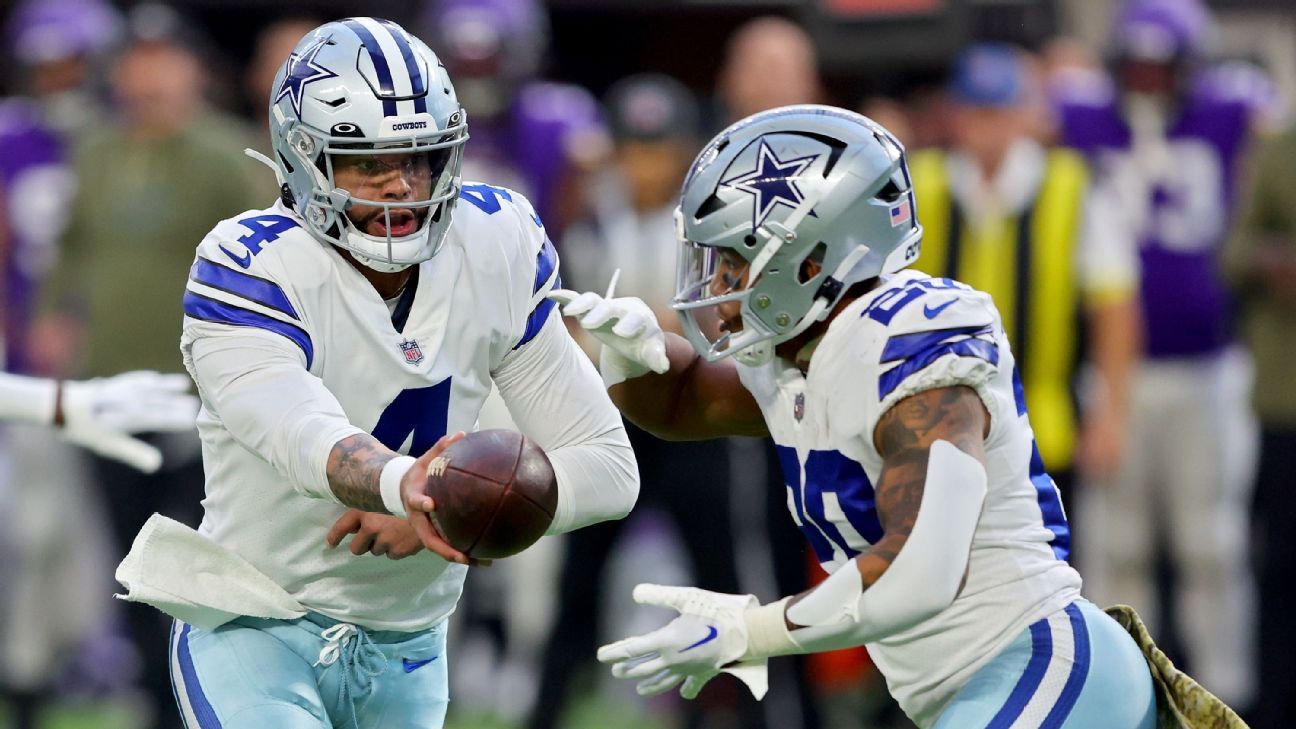Meant to show that Kim Moon-gi didn’t know when he was on the market
Power of Attorney “Considering the application as a witness on our side”
Democratic Party leader Lee Jae-myung takes off his mask before speaking at the Supreme Council meeting held at the National Assembly in Yeouido, Seoul on 21./Senior Reporter Park Min-gyu
In the latest presidential election, Lee Jae-myeong, who was on trial for falsely claiming he did not know the late Kim Mun-ki, the head of the first development department of the Seongnam Urban Development Corporation, demanded that Kim Yong, vice chairman of the Democratic Research Institute, be called as a witness.
At the second pre-trial hearing held on the 22nd at the hearing of the 34th Division of the Criminal Settlement of the Seoul Central District Court (Judge Kang Gyu-tae), Representative Lee expressed his intention to stand as a witness the secretary who went on a business trip to Australia with Vice President Kim. It is interpreted as an attempt to prove that he did not know former Director Kim at the time he served as mayor through Vice President Kim, who had been with Chief Executive Officer Lee for a long time. The prosecution said, “We will consider whether to request Deputy Director Kim and others as prosecution witnesses.”
Rep. Lee is accused of publishing false facts, such as saying, “I didn’t know when I was mayor of Seongnam” in relation to former manager Kim in December last year, when he was a Democratic Party presidential candidate. Prosecutors insist CEO Lee could not have known former director Kim, whom he knew from his days as a lawyer. The indictment also pointed to the fact that CEO Lee played golf with former director Kim and former Seongnam Urban Development Corporation headquarters manager Yoo Dong-gyu during a business trip to Australia in January 2015 .
Prosecutors have asked the court to obtain three months of recordings of Mr.’s communications. The judge said, “There were frequent phone calls at the time, so I’m wondering if I applied with the intention that we might have a conversation related to the prosecution.” In response, the prosecution said: “After the indictment, it was reported that the bereaved family and Mr A met and had a conversation. The bereaved family said it was acceptable for Mr A (CEO Lee) to discuss it at the election camp. He said he would find out the situation before Mr A met the bereaved family and see if anyone (among the people on the phone) was connected to the field”.
When the judge stressed that “the prosecution must prove (in advance) whether the person on the phone is related to the camp,” the prosecution said, “It is possible that key camp officials such as Jeong Jin-sang (head of the The representative office of the Democratic Party) or Kim Yong (Vice President) may leave.” Then, “Isn’t the defendant also making money if (Mr A’s person on the other end of the call) doesn’t come out? There’s a reason to check,” he raised his voice.
Prosecutors also asked Lee to “clarify whether the purpose of acknowledging the facts stated in the indictment itself is clear.” Rep. Lee’s side countered, saying, “Because the facts of the accusation have not been specified, we cannot exercise the right of defense.” It is said that the right of defense cannot be exercised because the specific actions with former director Kim have not been specified.
The prosecutors said, “The general purpose of the defendant’s remarks can only be assessed through the social context, etc., and the defendant’s remarks at that time were intended to avoid suspicion relating to Daejang-dong by denying any relevance after the death of former director Kim”. Beyond the question of whether he knew or remembered, the accused accused him of denying the very act of an exchange relationship with former director Kim during his tenure as mayor of Seongnam.
On October 20 last year, during the inspection of the Gyeonggi-do government by the Land, Infrastructure and Transportation Committee of the National Assembly, Chief Executive Lee said, “I could not help it because the Ministry of Land, Infrastructure and Transportation threatened to make it a “non-compliance issue” regarding the suspected preferential treatment of site-use change in Baekhyeon-dong. Prosecutors also pursued this statement by applying the charge of publishing false information under the law on the election of public officials.


